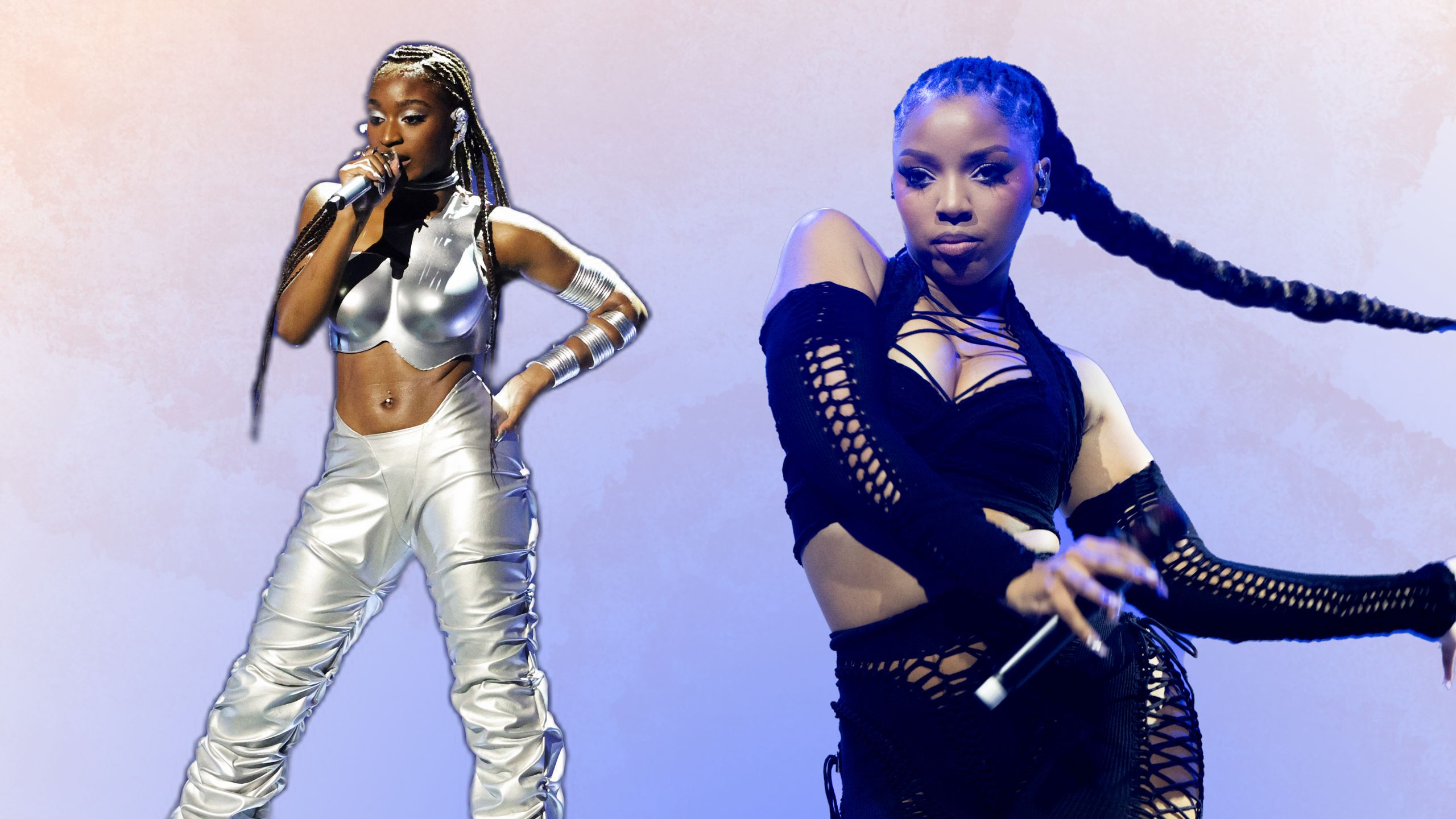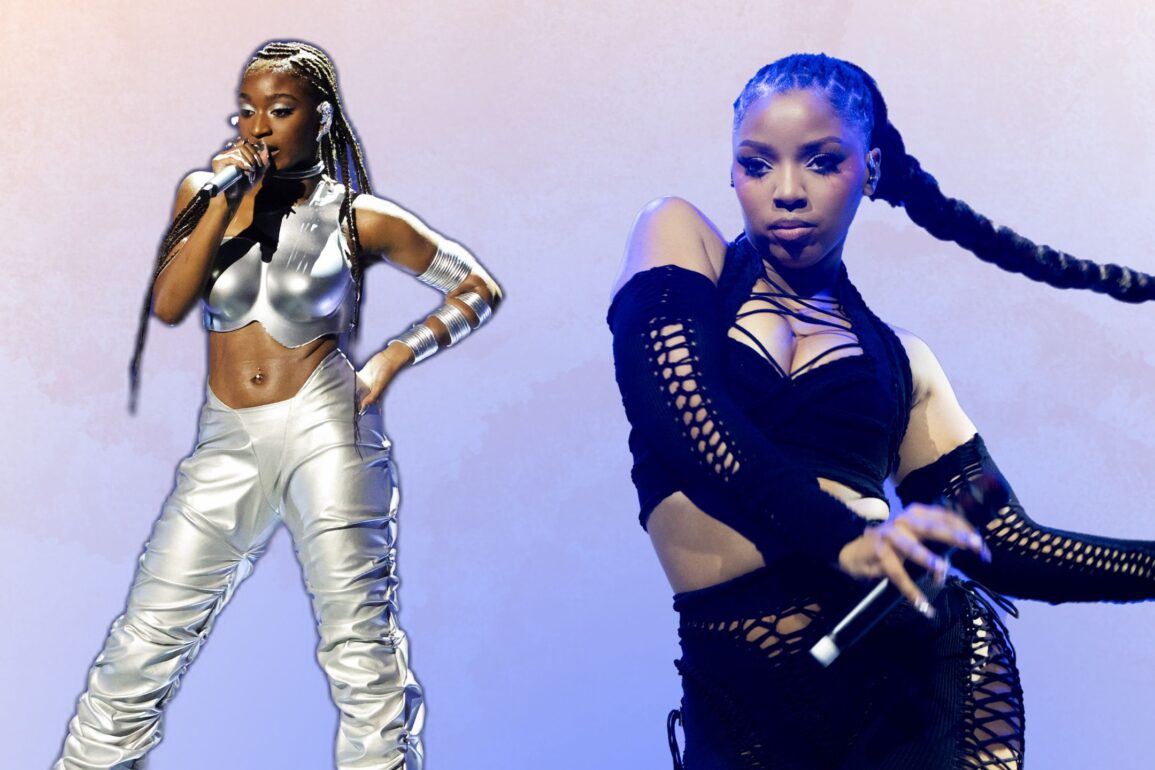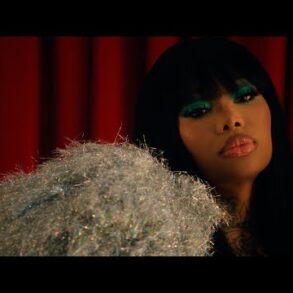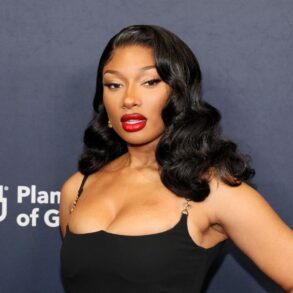
In the ever-evolving landscape of pop music, experimentation is a vital component that drives the genre forward. Artists who dare to step outside the traditional confines often pave the way for new trends and styles. From the groundbreaking work of Janet Jackson to the boundary-pushing artistry of Beyoncé, various Black women have not only utilized but also significantly contributed to this culture of musical experimentation.
However, Black female pop artists’ ventures into uncharted musical territories are frequently met with harsh backlash and unwarranted criticism. Recently, Chloe Bailey opened up about feeling boxed in as a Black woman in the music space. “Any music I do will easily and quickly be categorized as R&B because I’m a Black woman,” Bailey told Nylon magazine. “If someone who didn’t have my skin tone made the same music, it would be in the pop categories. That’s just the way it’s always been in life.”
This disparity highlights a double standard in the music industry, where Black pop girls are systematically denied the same creative liberties afforded to their non-Black counterparts. The societal expectations placed on Black women are deeply rooted in historical stereotypes that pigeonhole them into specific roles and personas. If you enter the industry as a Black woman, you’re automatically seen as R&B or hip-hop, even if it’s blatant that they are not in that lane.
These expectations limit their perceived capabilities and stifle their artistic expression. When artists like Lizzo or Normani experiment with genres, they are often criticized for straying from what society deems appropriate for their identity. Recently, Normani released her debut album, Dopamine, infused with eclectic sounds from alternative to disco. She was met with social media chatter about steering away from her debut sound in “Motivation.”
Looking for vibes at the ESSENCE Festival 2024? Get your tickets to the GU Kickback day party.
Article continues after video.
This reflects a broader societal issue where Black women’s identities are policed, and their creative boundaries are unfairly restricted. Critics and stans are quick to dismiss the work of Black female artists who defy genre norms, often labeling their music as disingenuous or inauthentic. This scrutiny is not applied to white artists experimenting with various genres, such as Taylor Swift‘s transition from country to pop. This inconsistent rule reveals an underlying racial bias that devalues the creative contributions of Black women and hinders their artistic growth.
Another layer of this issue is the huge pressure on Black female artists to conform to mainstream standards to achieve commercial success. The industry’s reluctance to support their experimental endeavors often forces these artists to produce music that fits the mold of what is traditionally marketable. This limits their creative freedom and reinforces the industry’s narrow definition of successful music. Consequently, Black women in the music business face an uphill battle behind the scenes and in the public eye as they are balancing their artistic integrity with the demands of a commercially driven industry, which can only be won with the active support and understanding of the music industry and its audience.
The backlash against Black female artists experimenting with music is indicative of a larger cultural resistance to diversity and change. Music thrives on diversity and the infusion of different cultural influences. By criticizing Black girls for their musical experimentation, society perpetuates a monolithic view of what Black music should be, thereby stifling cultural innovation. This erasure of their unique voices further marginalizes them within an industry that should celebrate individuality and personal expression. It is crucial to recognize and validate the diverse experiences of Black women in music, allowing them the freedom to express their artistry fully.
Read ‘Essence Festival 2024: Take A Look At Our Official Creator’s House Line-Up’
To address this issue, the music industry and its audience must challenge and actively dismantle these racially ingrained biases. This involves recognizing and valuing the contributions of Black female artists who push the boundaries of genre and supporting their endeavors without resorting to unwarranted criticism. By doing so, they can create an environment where all artists, regardless of race or gender, have the freedom to explore their creative potential without fear of backlash.
The space to experiment with music should be a universal right for all artists. The persistent backlash and criticism faced by Black women artists who dare to step outside traditional musical boundaries highlight a significant racial and gender bias within the industry. Supporting and celebrating the artistic experimentation of Black female artists is essential to fostering a truly inclusive and innovative musical landscape. Only then can we ensure that the music industry reflects the actual artistic freedom and creative expressions it claims to represent.
About the Author: Kenyatta Victoria is the lead writer for Essence GU, working on all things pop culture, politics, entertainment and business. Throughout her time at GU, she’s garnered devoted readers and specializes in the Zillennial point of view.
This post was originally published on this site be sure to check out more of their content.









